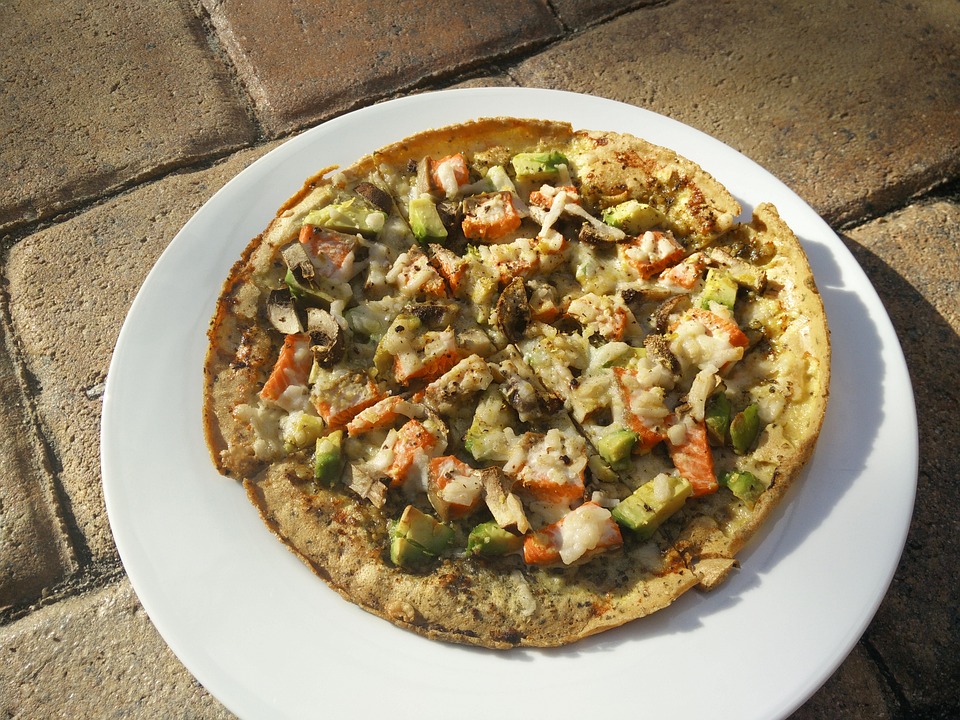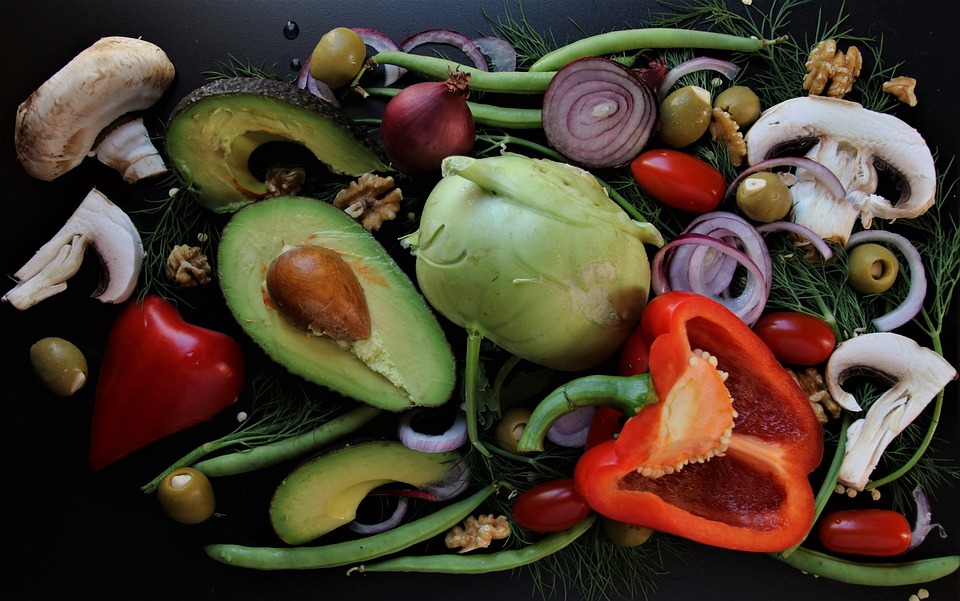The Origins of the Paleo Diet
The Paleo Diet, also known as the Caveman Diet, is a dietary approach that mimics the eating habits of our ancient ancestors from the Paleolithic era. This diet is based on the belief that our bodies are biologically best adapted to a hunter-gatherer lifestyle, primarily consuming foods that could be obtained through hunting and gathering.
The Paleo Diet gained popularity in the 21st century as an alternative approach to modern diets, which often include processed foods and grains known to be inflammatory. By focusing on whole, unprocessed foods, the Paleo Diet aims to provide a more natural and nutritious way of eating.
The Core Principles of the Paleo Diet
1. Emphasis on Whole Foods
The Paleo Diet emphasizes the consumption of whole foods such as lean meats, seafood, vegetables, fruits, nuts, and seeds. Processed and refined foods, including grains, dairy, and sugars, are eliminated as they were not readily available during the Paleolithic era.
Whole foods provide essential nutrients, vitamins, and minerals that support overall health and well-being. By avoiding processed foods, the Paleo Diet aims to reduce inflammation, improve digestion, and enhance nutrient absorption.
2. Focus on Lean Protein
Protein is an essential macronutrient in the Paleo Diet. Lean protein sources like grass-fed beef, poultry, fish, and eggs provide high-quality amino acids necessary for muscle maintenance, repair, and growth. Aim to include a variety of protein sources in your meals to meet your daily requirements.
3. Increased Consumption of Fruits and Vegetables
Fruits and vegetables are packed with vitamins, minerals, and antioxidants. The Paleo Diet encourages the consumption of a wide variety of colorful fruits and vegetables to ensure a diverse nutrient intake. These nutrient-dense options not only support overall health but also provide dietary fiber, aiding in digestion and promoting satiety.
4. Incorporation of Healthy Fats
Healthy fats are an essential part of the Paleo Diet. Sources like avocados, olives, nuts, and seeds are rich in monounsaturated and polyunsaturated fats, which help support brain function, hormone production, and reduce inflammation. Including these fats in your diet can also help maintain healthy cholesterol levels.
5. Elimination of Grains and Legumes
In the Paleo Diet, grains and legumes are excluded due to their higher carbohydrate content and potential inflammatory properties. This means avoiding foods like wheat, corn, rice, beans, lentils, and peanuts. Instead, the diet promotes alternative grain-free flours and meals like almond flour, coconut flour, and cauliflower rice.
6. Avoidance of Processed and Refined Foods
Processed foods often contain additives, preservatives, and artificial ingredients that can negatively affect our health. By eliminating processed and refined foods, the Paleo Diet aims to reduce the consumption of these potentially harmful substances.
The Potential Benefits of the Paleo Diet
1. Weight Loss
The Paleo Diet can contribute to weight loss due to its emphasis on whole foods and the elimination of processed foods and added sugars. By focusing on nutrient-dense foods that support satiety, individuals may naturally consume fewer calories, leading to weight loss over time.
2. Improved Blood Sugar Control
Since the Paleo Diet restricts added sugars and eliminates refined carbohydrates, it can help improve blood sugar control. By reducing the intake of high-glycemic foods, individuals may experience more stable blood sugar levels, which can be beneficial for those with diabetes or insulin resistance.
3. Reduced Inflammation
The Paleo Diet’s emphasis on whole, unprocessed foods can help reduce inflammation in the body. Inflammation is often associated with chronic diseases such as heart disease, diabetes, and autoimmune disorders. By avoiding processed foods and potential allergens, individuals may experience a decrease in inflammation and related symptoms.
4. Increased Nutrient Intake
The Paleo Diet encourages the consumption of nutrient-dense whole foods, which can lead to increased nutrient intake. By including a wide variety of fruits, vegetables, and lean proteins, individuals are more likely to consume a broad spectrum of vitamins, minerals, and antioxidants necessary for optimal health and wellbeing.
Considerations and Limitations of the Paleo Diet
While the Paleo Diet has gained popularity, it is not without its limitations and considerations:
1. Nutritional Balance
If not appropriately planned, the Paleo Diet can potentially lead to nutritional imbalances. Since food groups such as grains and legumes are restricted, it is important to ensure you are obtaining adequate amounts of nutrients like fiber, vitamins, and minerals from alternative sources.
2. Practicality
Adhering to the Paleo Diet may require more time and effort in food preparation. The emphasis on whole foods and elimination of processed options can be challenging for those with busy schedules or limited access to fresh produce and high-quality protein sources.
3. Individual Variation
While the Paleo Diet may work well for some individuals, it may not suit everyone’s needs. Each person’s dietary requirements and tolerances are unique, and it’s essential to listen to your body and adapt the diet to your specific needs.
4. Sustainability
From an environmental perspective, the Paleo Diet’s heavy reliance on animal products may not be sustainable in the long term. It’s crucial to consider the impact of our dietary choices on the planet and explore sustainable options, such as incorporating more plant-based proteins.
Conclusion
The Paleo Diet is a dietary approach that prioritizes whole, unprocessed foods and avoids grains, legumes, and processed options. While it has potential benefits such as weight loss, improved blood sugar control, and reduced inflammation, it’s important to consider the limitations and individual variations in nutritional needs. Consulting with a healthcare professional or registered dietitian can help determine if the Paleo Diet is suitable for you and ensure a well-balanced and sustainable approach to your overall health.




